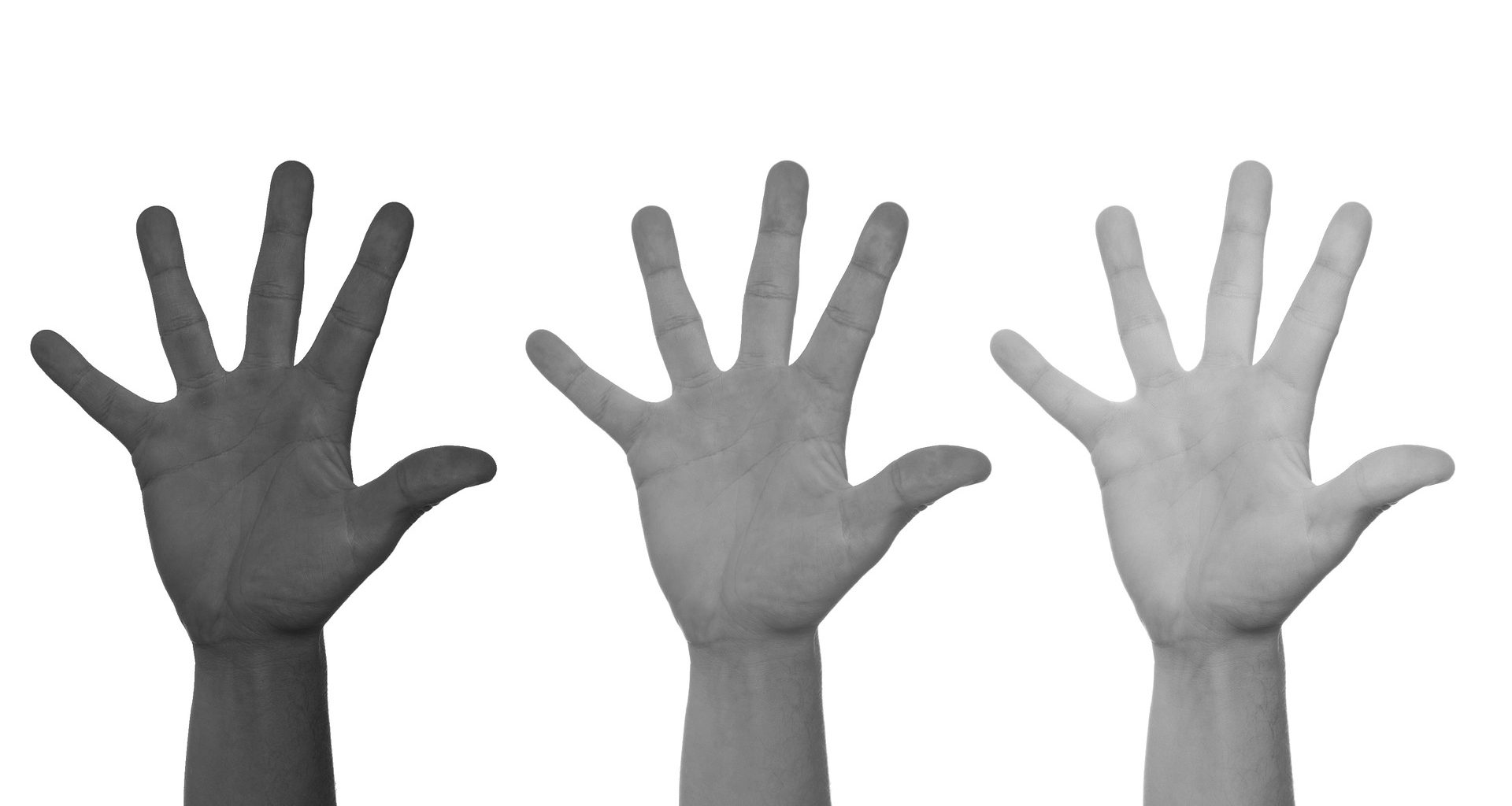Aiyla has been mentally preoccupied to pursue a PhD title, even before she stepped foot in the UK. The 29 year-old was worried about how people would perceive her looks. From all scenarios that ran through her head, she had never expected that she would experience inequality in the university. Especially from a supervisor who abruptly stated that she did not want to oversee her anymore.
“I truly didn’t expect that I would be treated like this by my supervisor, because in the beginning, the supervisor needs to agree when they will work with someone. My view of the university has now changed.”
The Samsun-born was bewildered after the Zoom call with her supervisor in which, according to Aiyla, the supervisor suddenly called her childish and blatantly said that she did not like her. When Aiyla asked what the reason was, the supervisor never gave any answer. The psychology researcher tried to grasp the situation and looked for anything that she might have done wrong. What she understood was, there are no other students that received such treatment.
“I was surprised. And then I started filing complaints to the university. But I don’t believe that they understand me. They said to me, ‘Oh, we are sorry to hear this. How can we help?’ But they don’t solve the problem. I have sent emails to another person, but I received the same answer. And still, nothing happened to her.”
Aiyla was not the only one student who experienced inequality. Sara (20), felt that she was excluded from her group project due to her appearance. The Omani was assigned to an all-British group and was ready to do the work – only to find out that her spot had been replaced by a British girl who was a part of their clique.
“That was during Covid. I was so angry. I have emailed her to tell her my frustration, because that’s my spot. I told this to our lecturer and our lecturer said that it was indeed my spot. She said I was rude because of that email. But I was the one who waited for months for them to reply and wondered when I’ll do the work.”
A survey that was conducted by the Equalities and Human Rights Commission (EHRC) and published in 2019, found that across all 159 publicly funded universities in Britain, they had recorded 559 complaints of racial harassment from students over a period of three-and-a-half years. They warned that racism was a ‘common occurrence’ for some students, with incidents of name-calling, physical attacks and racist material on campus.
A senior lecturer in Sociology, Hyun-Joo Lim, said: “These days, I would just say, especially if you talk about international students and people working in different kinds of organisations and institutions, it is more of a covert formable racism and microaggression. I suppose it could be quite subtle. Quite common forms of microaggression would be people feeling like you know their point of views are on the value or ignored so they really feel like they were invisible. You’re different, therefore you are much more visible. You always feel like what you’re saying is not taken seriously.”
She mentioned a paper she read that is based on the experiences of foreign nurses in the UK. They sometimes feel as if they are being paranoid, because of how subtle the racism is. “So sometimes they feel like they can sense something viscerally. You know what I mean, but at the same time it’s difficult to pinpoint. I suppose you know whatever it forms, whether it’s direct or indirect, whether it’s covered, it can be really pernicious.”
EHRC has defined microagressions as everyday interactions that send denigrating messages to people of colour because they belong to a racially minoritised group. ‘Microagressions’ is not a legal term, making it difficult for victims to report behaviours of such subtle nature. It will not necessarily amount to harassment under the Equality Act 2010 and can therefore leave the victim confused and distressed on the course of action they can take.
They also found that a quarter of students have experienced racial harassment, but two thirds of those did not report the incident to their university. In their student survey, eight percent said they had experienced racial harassment in the 2018/19 academic year. But only 33 percent of them reported it to their university. If each of those students who spoke up about being racially harassed had made a complaint, it would represent a ratio of approximately one complaint for every 40 students. The main reason for not reporting harassment was a lack of confidence in incidents being addressed by their university. The report also said that 1 in 20 students said they left their studies due to racial harassment.
Unfortunately, racism in institutions does not stop at the students. Joo shared her experience where she was verbally abused by a student in the university library. She told her that she is a lecturer, but the student brushed it off:
A survey that was conducted by the Equalities and Human Rights Commission (EHRC) and published in 2019, found that across all 159 publicly funded universities in Britain, they had recorded 559 complaints of racial harassment from students over a period of three-and-a-half years.
“She was sitting next to me and there were other people sitting very close to each other and she was literally on the phone the whole time and I just asked, ‘Would you mind talking on the phone outside? Because we’re trying to work here,’ And then, she literally brought it out. Just unbelievable use of language towards me. Things like ‘Horrible Chinese woman’, even words like, uh, start with a ‘B’.”
Racial harassment towards university staff cannot be brushed aside. According to EHRC, 3 in 20 staff said racial harassment caused them to leave their jobs. Over 1/2 of staff who responded to us described incidents of being ignored or excluded because of their race. More than 1/4 of staff told us they experienced racist name-calling, insults and jokes. Unsurprisingly, based on universities’ own data, around a fifth of staff complaints (19 percent) took over six months to resolve, thereby breaching the ombudsman guidelines.
“In my view, there needs to be education for everybody from the institution, maybe during their induction week or after. Because things like hate crime sometimes happen because people don’t realise what they’re doing. We need to provide a safe environment for students and staff to be able to express themselves. But also, a safe environment isn’t good enough. We need to tackle it directly so these things don’t happen again.”
The Council work with those who feel like they have been discriminated against based on race or religion. They work with individuals to establish whether there has been a case of discrimination or not. But crucially they work to ensure the individuals “receive a better outcome” by rebuilding relationships.
Chief officer, Nathalie Sherring said: “If an individual has the feeling of being discriminated against them, then it is a case of discrimination. It is not for anybody else to say. If they have the feeling, they are being discriminated against then we need to support them.”
“We always know that there are two sides to every story, so we would go to the agency in question. We have cases in education, cases in dealing with complaints against the police, housing is a big one, sometimes the NHS. We go to the organisation in question and have a meeting and try to understand what happened with the individual. We will look at both sides of evidence and look at was it discrimination? Was it unconscious bias – more like institutional racism than intentional racism? And we would try to repair that relationship.”








